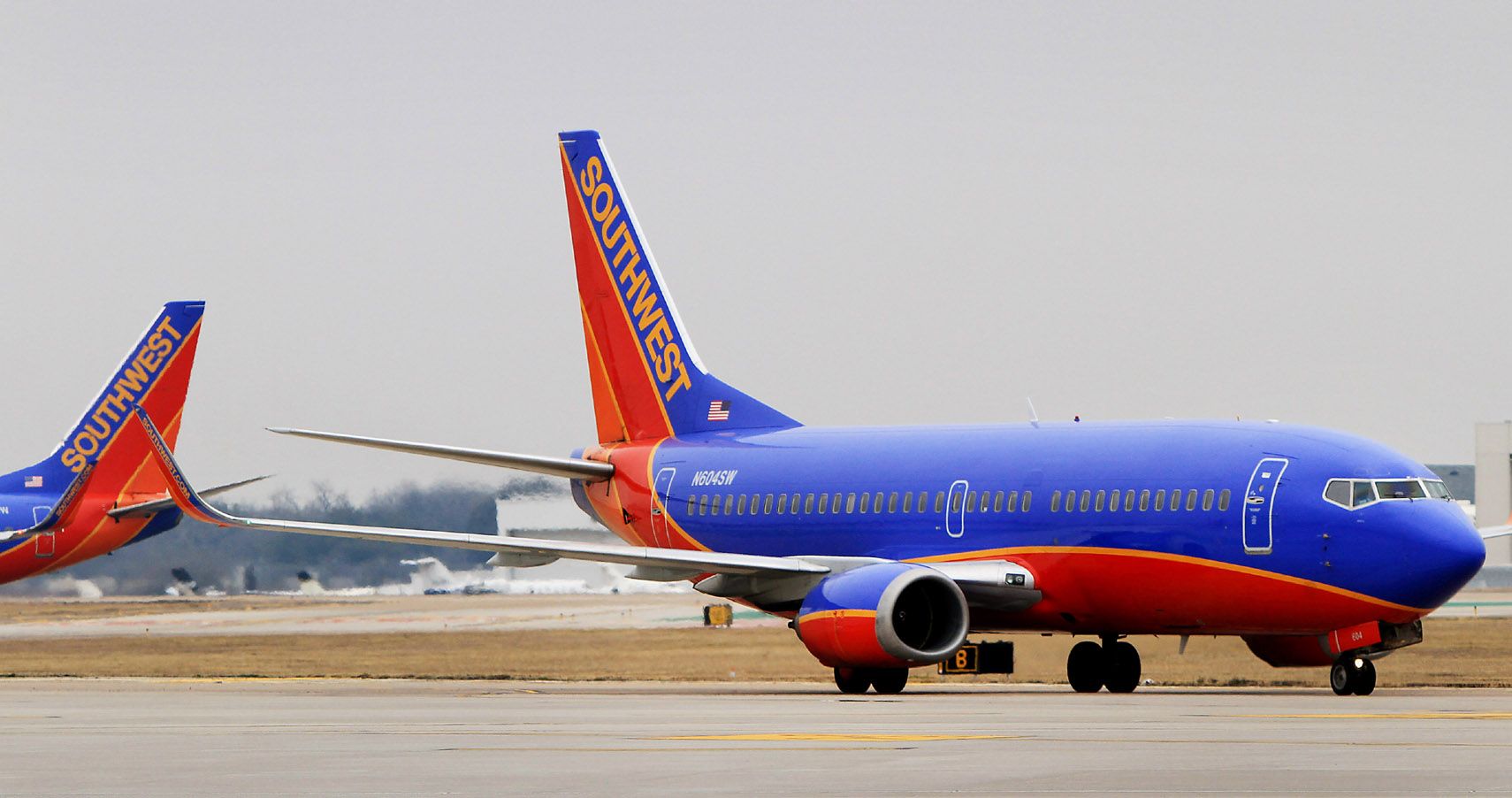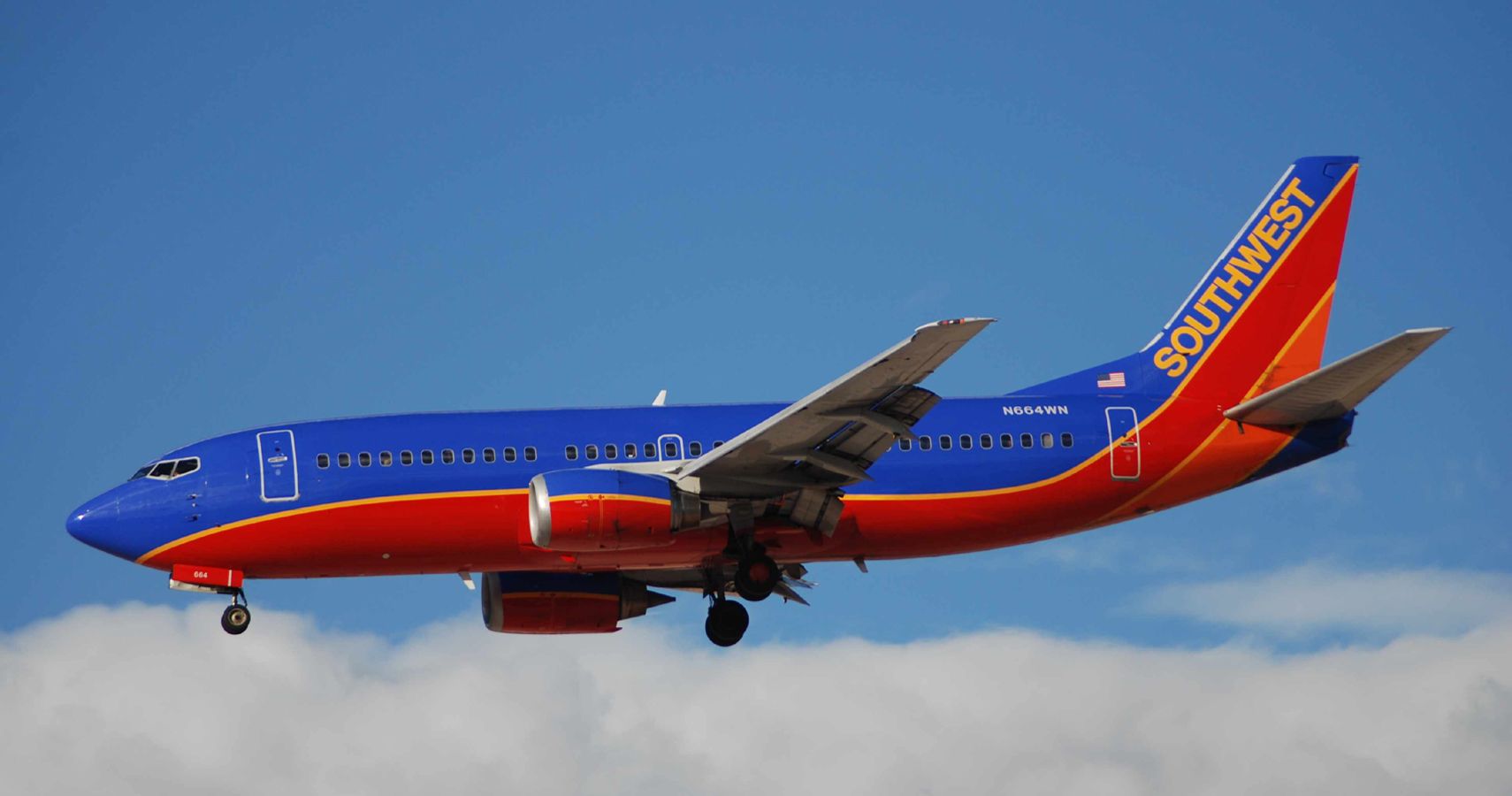As airlines try to soar to new heights in improving their bottom lines, one company is flying in the face of its competition. However, Southwest Airlines is resisting the effort to take advantage of new revenue streams that would obviously make for better quarterly statements but might compromise customer service.
Its CEO, Gary Kelly, is adamant that the airline won't charge fees for baggage, ticket changes or preferred seating. In fact, Southwest has no plans to abandon its open-seat policy.
"Let me be very blunt,'' he said. "We are not looking at assigning seats right now. We are not talking about assigning seats now. And we're not talking about looking at it sometime in the future.''
PREVIOUSLY: Southwest Airlines To No Longer Serve Peanuts On Flights
He has a few reasons for sticking to his guns on the issue, namely that Southwest is still rated the top airline when it comes to family-friendliness. As far as he's concerned, if it ain't broke, don't fix it, even if other airlines benefit from the markup by charging fees for preferred seating, baggage and ticket-changing.
Then there's the issue of the company still trying to rebound after they took an economic hit after one of its planes suffered a mid-air accident back in April. Although the plane managed to land intact, the incident claimed the life of one passenger.
However, Kelly believes that avoiding the temptation to add fees will kill the incentive to bring back their share of the market. For now, as long as passengers limit their carry-on to two bags–one for the overhead compartment and the other beneath the seat– they won't be charged extra. While he acknowledged that open seating might be inconvenient for passengers, especially those at the end of the line, lack of incremental costs resulting in reduced fares might end up being a draw for customers in the long run.
That being said, one fee that remains in place is a front-of-the-line option for passengers wanting to board a jet before everyone else. The cost for that services ranges from $30 to $50 depending on the destination.
Revenue options being considered by Southwest are sketchy at best, although the airline is currently focusing on expanding their service to Hawaii starting in 2019, pending open-water flight approval, and certification from the Federal Aviation Administration.
Southwest did introduce one cost-saving measure, as of July 31, it stopped serving peanuts to passengers. Although, fears surrounding allergies was the official reason for discontinuing in-flight distribution of the snack.
NEXT: FAA Orders More Engine Inspections After Southwest Airlines Tragedy


